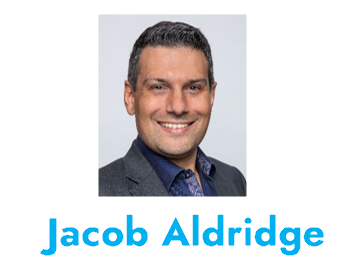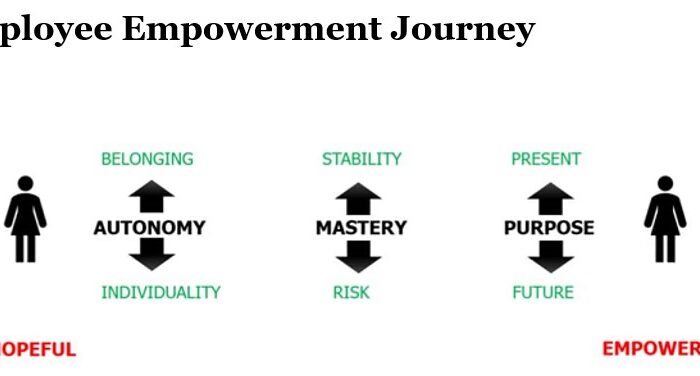5 Coaching Skills for any Leader. In Blackboard Fridays Episode 87, Jacob talks about Leadership. Need this implemented into your business? Talk to the international business advisor who can do exactly that – Contact Jacob, Learn More, or Subscribe for Updates.
Whether you’re an entrepreneur, leader, or manager, there’s a new set of skills that are critical for business success: you’re now expected to be a Coach as well.
Sounds lovely, doesn’t it. Just dive into your university or tradeschool notes where you mastered that course on “How to be a Coach”, right? Snort, Chuckle So what’s a modern leader to do?
[Side bar diversion. I do run a full 2-3 day program on ‘Coaching Skills for Leaders’. So if you’re genuinely interested, hit ‘Reply’ to let me know and we might find there’s enough interested people to run a course later this year.]
You need to start somewhere, and that somewhere is watching this week’s video. Cut through the theory and straight into actionable skills – here are 5 Coaching Skills that any Leader can implement immediately.
Who is Jacob Aldridge, Business Coach?
“The smart and quirky advisor who gets sh!t done in business.” Back independent since 2019.
Since April 2006, I’ve been an international business advisor providing bespoke solutions for privately-owned businesses with 12-96 employees.
At this stage you have proven your business model, but you’re struggling to turn aspirations into day-to-day reality. You are still responsible for all 28 areas of your business, but you don’t have the time or budget to hire 28 different experts.
You need 1 person you can trust who can show you how everything in your business is connected, and which areas to prioritise first.
That’s me.
Learn more here. Or Let’s chat.
Transcript
Increasingly in business, being a coach is seen as an essential manage mentor leadership skill. Indeed there are very few business owners these days who don’t on some level recognize that they need to act as a coach for their team. Understanding what that actually means and how to be a coach, much, much different conversation.
Today on Blackboard Fridays, I thought I would share five simple coaching tips and tools that any business leader can apply. So let’s start by having a look at the diagram, we can see that you’re here, and here is, say one of your team members.
They’re working for you, but at the same time, you have this relationship where you’re coaching them in their own personal development and as they’re going through their own employee empowerment journey. If you get a coaching opportunity with them, whether that’s brief or whether that’s a formal, regular part of your one-on-ones, five skills that I would encourage you to work on, to practice and apply.
One, make sure that you have a clear intention about your role as a coach in that situation. Coaching is about understanding the other person’s agenda. Their context, what’s driving them. However, for you to be effective as a coach, you also need to be clear about your intention.
Are you there to guide them, are you just there to listen, are you there to support, are you there to provide solutions, or just ask questions? So be clear about your intention when you’re going into those opportunities.
Two, be fully present. Presence is a skill that does take some practice. I’d encourage you, if you’re not already, to look at some form of mindfulness or meditation in your daily routine to help you develop this skill. At its simplest, presence is about making sure that your head chatter is not impacting theconversation that you’re having.
It’s very easy, as a business leader with that infinite to-do list to that we all have to be thinking, even though I’m having this conversation with a team member, to be thinking about that email I’ve got a reply to, that client that’s having an issue at the moment, that growth strategy I’d really rather be working on.
You’ve gotta get rid of that head chat in order to be present. And then truly to be present, you need to be listening with your whole body. And go back and look at episode 54 if you wanna help break down the thinking, the feeling, and the knowing, those three different ways that we engage and process information, and communicate with people.
To understand that when you’ve those three aligned, and you’re present, then you’re gonna be bringing all of yourself to that coaching conversation. And as a result, delivering a lot more value to the team member.
Three, is using ‘I’ language as opposed to you language. Now this is a little bit tricky for a lot of business leaders because we’re used to giving directions to, delegating to managing people. Importantly, when it shows up, this comes around because sometimes using ‘you’ language can be confrontational.
Remember back to the episode where we talked about filters, the fact that we all see the world in different ways. So what you’re hearing is not necessarily what your team member is sharing. So if you say you are having this problem, you may find that the team member doesn’t understand that that’s not what they were saying, and you start to lose that conversation.
The ‘I’ language in that situation would be I hear you saying this. Taking responsibility for what you’re hearing helps empower that team member to communicate better if what they’re saying is not coming through to you. Or to agree with you and then you can proceed to help. So whenever you find yourself saying you, find yourself saying I instead, and see if that improves the conversation.
Four, which is a critical part of coaching is asking open questions. As distinct from closed question, which just have a yes or a no answer, but also this, how you know, being aware that you’re there to ask the open questions, what could you do about this, what did you feel in that situation, what do you see as the solution, stops you from coming in with your idea of what the solution needs to be.
By all means, if you wanna have a manager relationship with the team member, tell them what to do. If you wanna have a coaching relationship, you need to ask the open questions to get that team member to that point on their own. And that’s so much more powerful for them ongoing.
Lastly, point five, which I find in my experience working with a lot of different business leaders is the one that stops them from embracing the coaching opportunity the most. Appreciate that in a coaching relationship you cannot make a mistake.
Don’t get caught up in worrying that you’re going to say the wrong thing, or ask a stupid question. Trust your instincts, ask the question that pops up into your head. And I do this, after 12 years of coaching. I’ll be sitting there, one-on-one with a client, or even coaching a team, and something will jump into my head and I will have no idea why that’s an important question but I will trust my instincts, I will know that I cannot make a mistake and I will ask that question.
Often, it’s only afterwards, after I get an answer or further into the conversation that I realize just how powerful and insightful that question was. Trust your instincts, recognize that you can’t make a mistake. And embrace the opportunity to be a coach rather than just someone who delegates and tells. Practice does make perfect, with these skills, you can have perfect practice.
Next Steps
Want to learn more about how this can apply to your business? It costs nothing to chat:
- Email me jacob@jacobaldridge.com (I read them all)
- Call, Text, or WhatsApp me +61 427 151 181
- Or just Subscribe https://jacobaldridge.com/about/subscribe-to-jacob-aldridge-com/ to stay in touch




